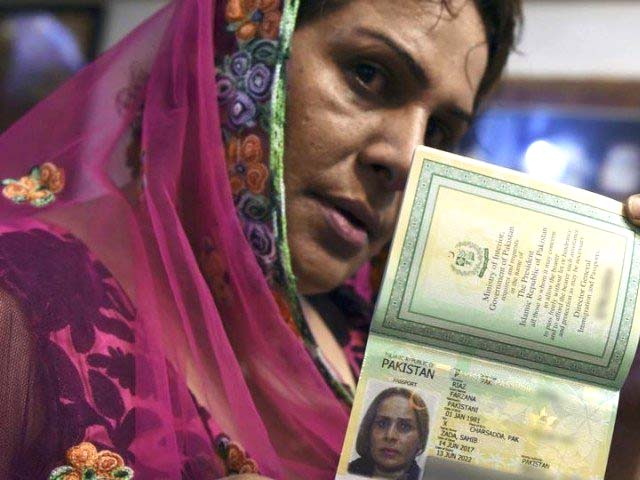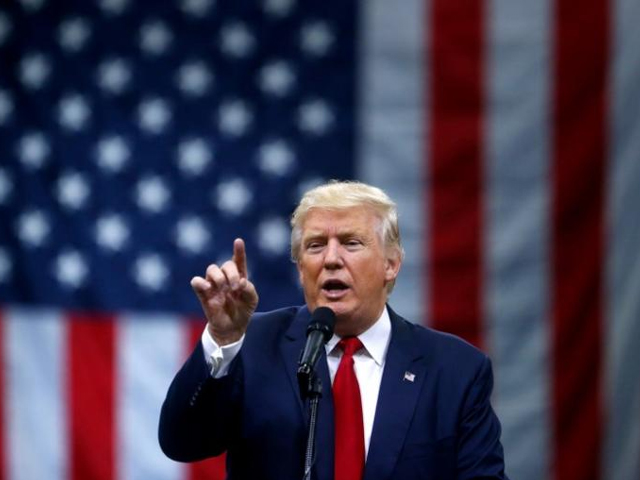
Is it ethical for doctors to accept gifts from big pharmaceutical companies?
It turns patients into a commodity that one can exchange for beach vacations in the Bahamas!
A little over a decade ago, as a new and idealistic intern at Jinnah Hospital, Lahore, I was determined to put the patients first at this important juncture of my professional life.
I was warmly greeted, to my surprise, by pharmaceutical representatives who were trying to increase sales of their medications. In the next few months, there was a weekly educational lecture given by a pharmaceutical company representative followed by a free lunch. The company selected the medication they wanted to promote in these sessions; physicians picked the menu. I realise, looking back, that my practice of medicine was very much influenced by the marketing strategies of the big pharmaceutical companies and my ambition to put the patient first did not materialise.
At the time of my internship, an Indian cricket team was visiting Pakistan for a series of matches. Avid fans, we interns were worried that we would miss the series. With the help of a medical officer, we asked a pharmaceutical representative to get us a television set for the house intern’s room. He was glad to do it for us, but we had to satisfy his demand that we’ll write a certain number of prescriptions for one of his antibiotics in the next few weeks. We laughed and joked about it and gave ourselves an excuse,
“We have to write prescriptions for antibiotics anyway; then why not his?”
It helped ease the guilt a little bit.
Years later, during a clinical observership before starting my training in the United States, I got a glimpse of the interaction between physicians and pharmaceutical companies in that country. It was not much different from Pakistan. Only the perks were better and fancier in New York. I got tickets for Broadway shows, tickets for music concerts and dinner coupons for fancy restaurants. I was invited to cocktail parties.
During my training years, we talked about the case of a top child psychiatrist and his team at Harvard University who took a substantial amount of money from the drug industry and violated the conflict of interest policy of the university. Thereafter, I read every paper by that team with a grain of salt.
As a psychiatry intern, resident and fellow in the US, I had no connection with any pharmaceutical company. The hospitals had a very strict policy barring any financial relationship with a pharmaceutical company. My negligible contact with pharmaceutical companies happened only at national or regional conferences, where their marketing departments had stalls to provide education about their medications. They usually gave freebees such as ballpoint pens, stress balls and chap sticks.
Once, at an American Psychiatry Association meeting in San Francisco, I asked a pharmaceutical representative if I could have a cup of coffee from his push-button coffee dispenser, in their booth. He replied politely,
“Sure, please, unless you are from Minnesota; that state’s legislature does not allow you to accept any gifts, including this coffee, from us.”
I laughed and said,
“New York”.
To which, he replied,
“Be my guest. Help yourself”.
State medical boards’ law have been tightening regulations about medication marketing in the US, but different rules exist for markets in Europe and Asia. I have met a few medical school friends who have come to the US to attend conferences, their whole trip from registration to travel, lodging, food and even entertainment is sponsored by different drug companies.
One friend told me,
“If you see more than 50 patients in a day, you are a gold mine for those companies. They will do anything legal to please you.”
I knew exactly what he meant. I had lived in that system for years.
Some collaboration between physicians and industry results in better patient care. The industry provides some forums for educational and research activities. I realise that they are doing a great service for humanity by conducting new research and developing new medications. Nonetheless, I wish I had more training during medical school or residency or fellowship program about how to interact with pharmaceutical representatives in a professional and ethical way.
Personally, I will be sceptical of the work of any primary care physician if he accepts gifts, payments, or vacation plans, even if he says that it’s in the name of education. There are many research findings that prove gifts as small as a meal or as big as a Toyota car can influence the practice of physicians. These gifts are given with only one intention – to increase the sale of the product.
Unfortunately, it makes physicians deviate from evidence-based practice as well as from the principal of medical ethics – justice and fairness. It turns patients into a commodity that one can exchange for beach vacations in the Bahamas.




COMMENTS (9)
Comments are moderated and generally will be posted if they are on-topic and not abusive.
For more information, please see our Comments FAQ